Our Winemakers
Discover our Natural Wine Heroes, the real soul of Wyrd Wine.
Italy
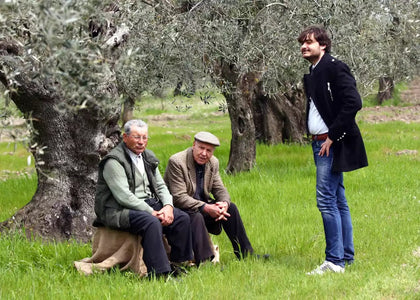
Agricola Paglione
Agricola Paglione is located in the heart of Puglia, in Lucera, in the sp...
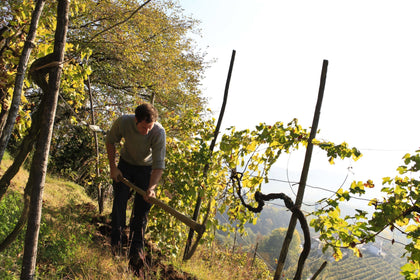
Ca' dei Zago
Ca’ dei Zago’s 5th and current generation winemaker, Christian Zanatta, i...
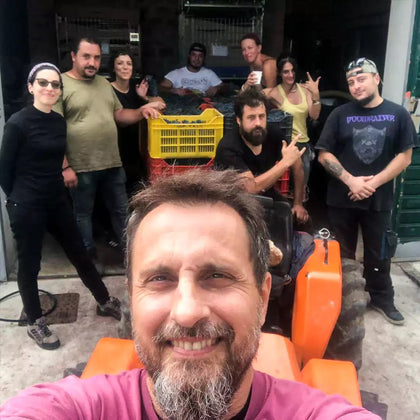
Canlibero
Canlibero, nestled in Campania's Benevento region, was born from a serendipi...
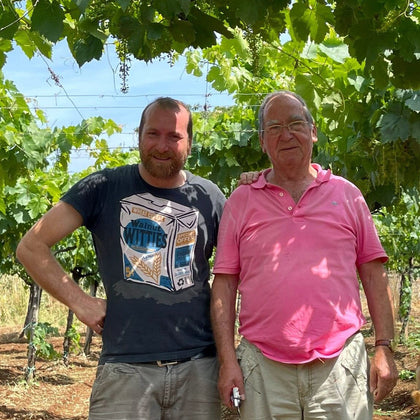
Colleformica
Sergio Bombetti and his son Paolo have their family vineyard in Contrada ...
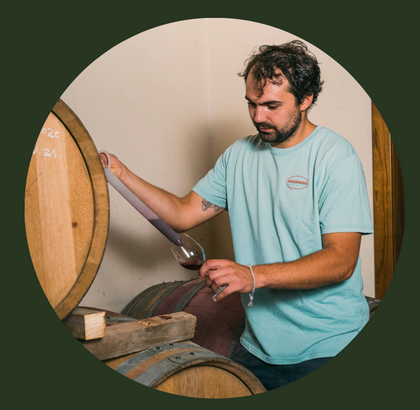
FaeDesfa
FaeDesfa is Alberto Buratti, a young winemaker from the Veneto region, and we...
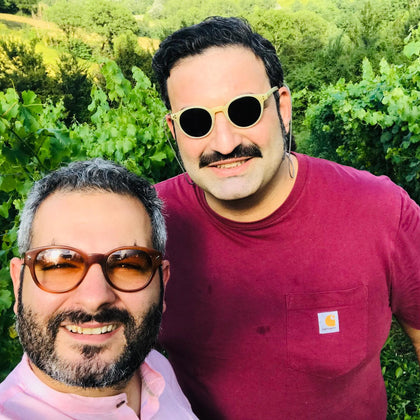
Fra i Monti
The desire to create the Fra i Monti winery from scratch was born from the w...
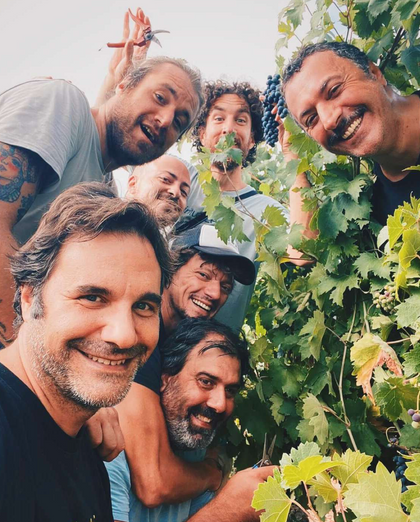
La Cattiva
Masseria La Cattiva was formed by a group of friends (and former brewers)...
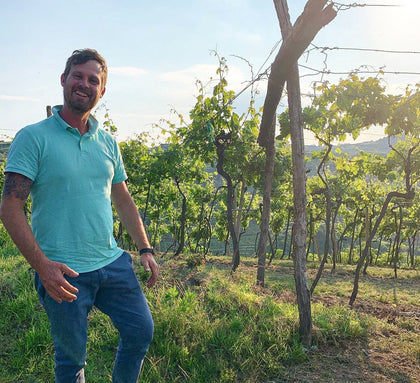
La Preara
La Preara is a family-run farm managed by Andrea and Monica Prà on the h...
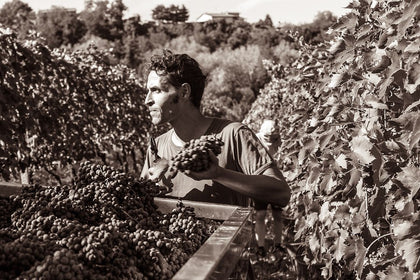
La Via del Colle
In 1982, after their marriage, Renzo and Oriana decided to buy 7 hectare...
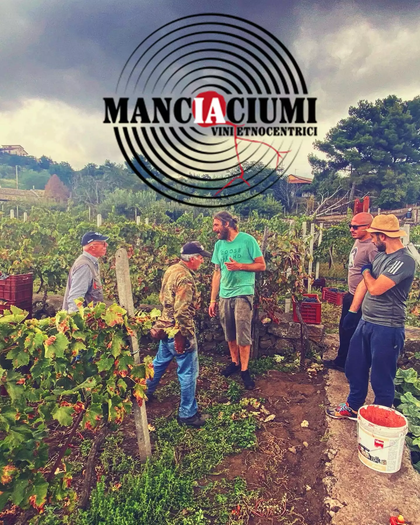
Manciaciumi
Located on Mount Etna, Europe's highest active volcano, Manciaciumi's winemak...
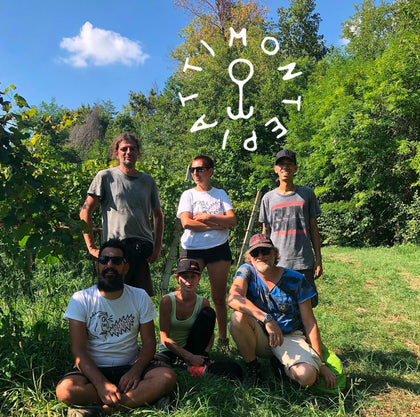
Montepiatti
The vineyard's story began in the 1970's when Primo Bazzo, with fore...
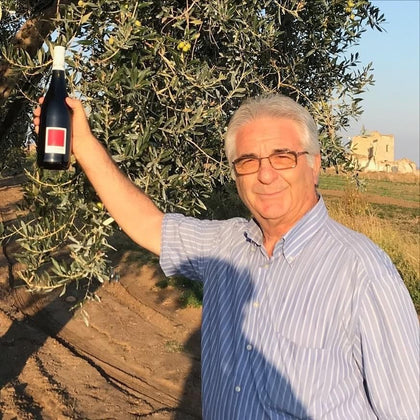
Tenuta De Maio
De Maio is a family of agriculture. Grandfather Domenico already grew oli...
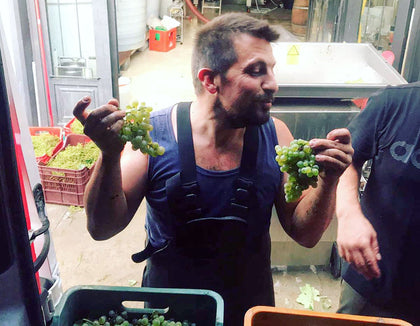
Tenuta Vincenzo Nardone
Wine is meant to be drunk! Says Pupo - aka Nicola Nardone. He is the soul...

Vigna Flor
What strikes immediately about Davide and Francesca is their passion and hone...
France
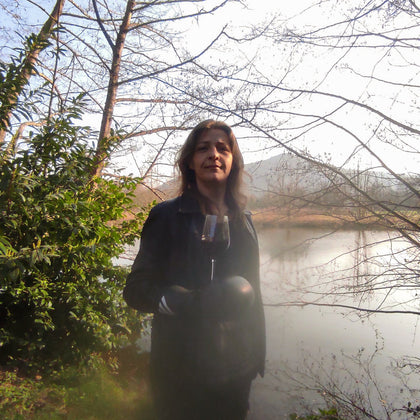
Bourre Pif
Bourre Pif is a micro winery from Alsace owned by Delphine Castel. She starte...
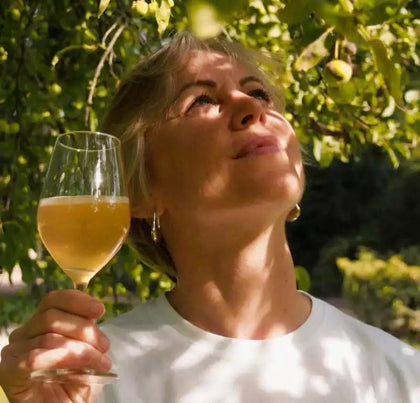
Du Vin aux Liens
Vanessa Letort is what in France they call “négociant”: she does not own...
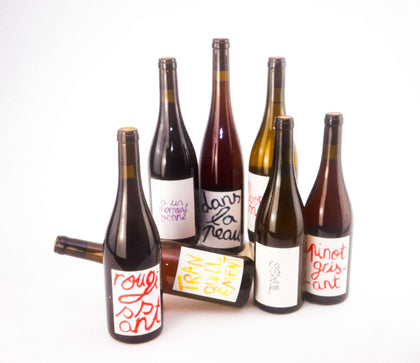
Jeux De Vins
Alsace's natural wine landscape is vast and fascinating, studded with icons, ...
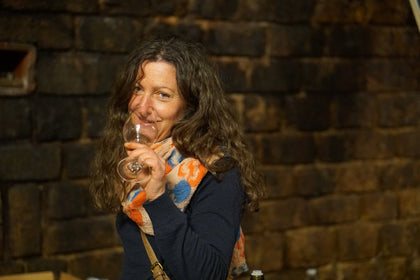
L'Octavin
Alice Bouvot's path to natural wine winds through classical training at the B...
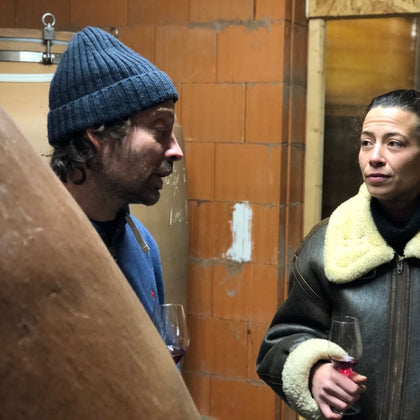
La Bohème - Patrick Bouju & Justine Loiseau
Patrick Bouju's path to natural wine started with irony: a chemical engineer...
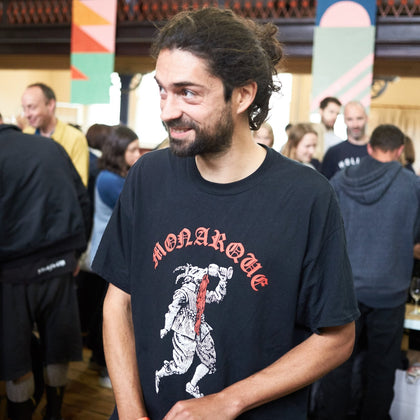
La Sorga
Antony Tortul isn’t your typical winemaker. He’s a rebel, a visionary, and a ...
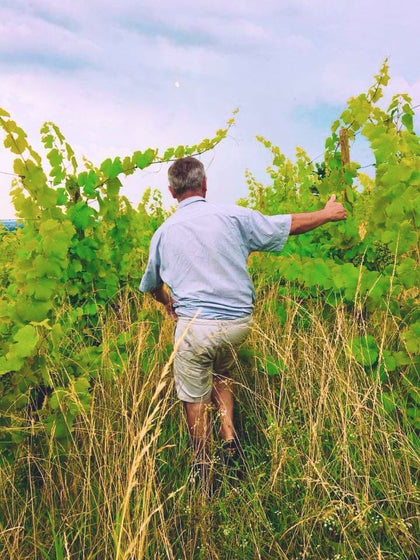
Lissner
Situated 20km from Strasbourg, in the historical village of Wolxheim, Lissne...
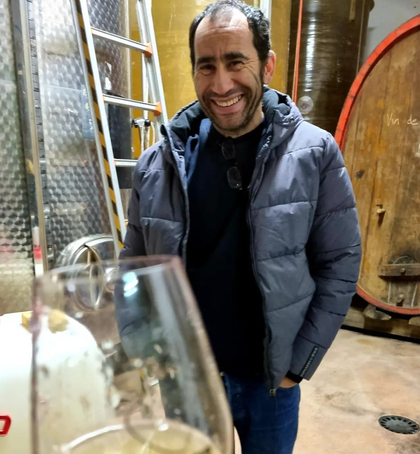
Sons of Wine
Farid Yahimi's Sons of Wine is a one-of-a-kind winery in Alsace, and perhaps ...
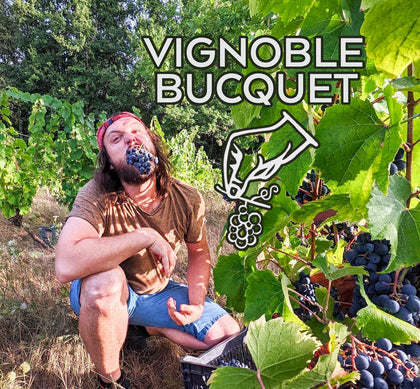
Vignoble Bucquet
Coming from a family of winegrowers for four generations, Ludovic Bucquet has...





